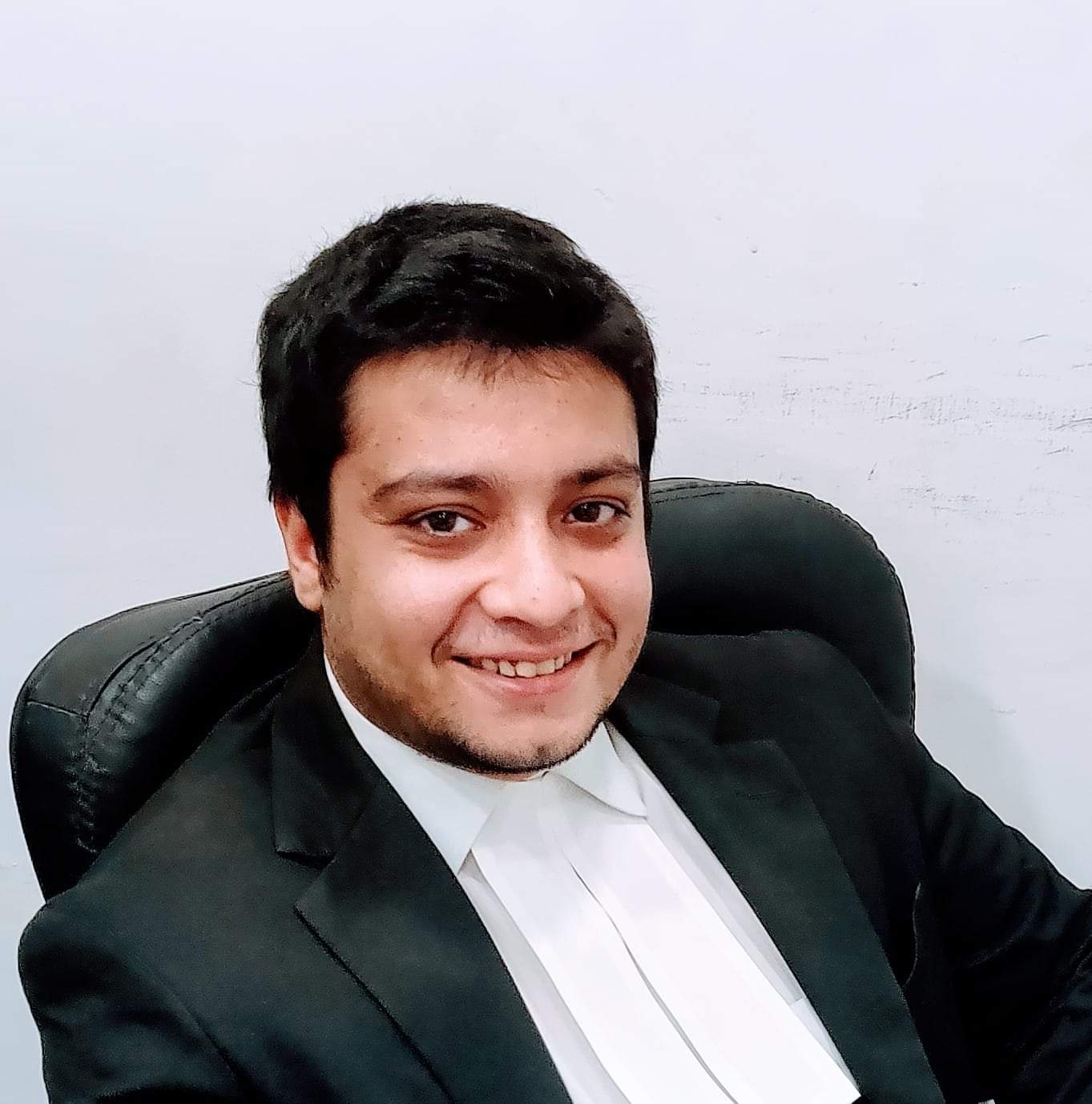“As a young lawyer with independent practice, securing clients is a challenge. But if you do good work, you build a chain of clients through references” – Advocate Paranjay Chopra

Paranjay Chopra has been practicing since 2014, primarily at the Delhi High Court. His areas of practice include Criminal Law, Family Law and Writ Jurisdiction.
Q. You went to Amity Law School for LLB and you have been practicing since 2014. Where did you begin practicing?
I started my practice with Mr Amit Sharma, the former Secretary of the Delhi High Court Bar Association and Vice-Chairman of Bar Council of Delhi. He is right now Special Prosecutor for the National Investigation Agency (NIA). I started my practice with him and worked with him for around two years before I began my own independent practice.
Q. So now you’re practising on your own. What kind of cases do you take up?
I work primarily on the criminal side. I also take up partitions in civil matters and matrimonial matters and my practice is mainly in the Delhi high court and the district courts.
Q. Are you a first generation lawyer?
I am. I belong to a family of doctors.
Q. Then, in good humour, why did you want to become a lawyer? Why not a doctor?
I wanted to become a lawyer since I was a child. I remember being in class II and wanting to become a lawyer.
Q. How was your learning experience as a fresher under Mr Amit Sharma?
It was pretty great. He would give me a lot of work to do on my own. He wasn’t like some other seniors who make you sit and research. He gave me petitions to draft, he let me argue in court. So the experience was pretty good.
Q. You have been in the industry for 5-6 years and you have your own independent practice. What are the challenges and difficulties that you face?
The only difficulty is to secure clients. (laughs)
Q. How do you secure clients?
Often through word of mouth. You friends, parents might refer some, then those clients will refer you to other people. That’s how you build the chain. If your clients like your work, they refer more people to you.
Q. Have you observed any systemic problems in the Indian legal system?
The system works well, especially in Delhi. Even in the Delhi High Court the judges are good. They go on merit and don’t judge you on your seniority.
I would not say that there are no problems in the system. Infrastructure of courts needs to be a lot better. If you go to the Tis Hazari district court you would know what kind of infrastructure changes need to be made.
Q. Do you feel Artificial Intelligence and legal technology can improve the system?
Of course, use of technology in research will help. It can reduce a lawyer’s work load by half. It’s the need of the hour.
Q. What was your first impression when you stepped into the profession as a first generation lawyer?
I was pretty confused. But I had some experience of how courts work as I did 13 internships in college.
Q. Thirteen internships! That’s a good number. Were they great learning experiences for you?
I’ve interned with Mr KTS Tulsi, Mr Mohan Parasaran when he was the Solicitor General of India, I’ve interned with Mr PP Malhotra when he was ASG, with E&Y, with senior advocate Mr Arun Bhardwaj, Mr Ved Prakash Sharma who is right now co-chairman, Bar Council of India. So during my college time I tried to cover all the courts, from the district courts to the Supreme Court.
Q. Would you recommend doing so many internships to law students?
The internships help if you get to work. If you want to learn and not just get a certificate, then the internships really help you get a good insight into how things work.
Q. How are you dealing with the coronavirus-induced house arrest? What are you doing at home?
I’m preparing to appear for the Advocate on Recode (AoR) exam.
Q. As a young lawyer, do you think judges should take up political posts after they retire.
It’s too early for me to comment, but I think it does affect the opinion of the general public about the judiciary.
****
Sign up for our weekly newsletter to stay up to date on our product, events featured blog, special offer and all of the exciting things that take place here at Legitquest.




Add a Comment